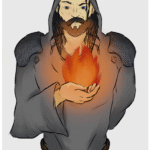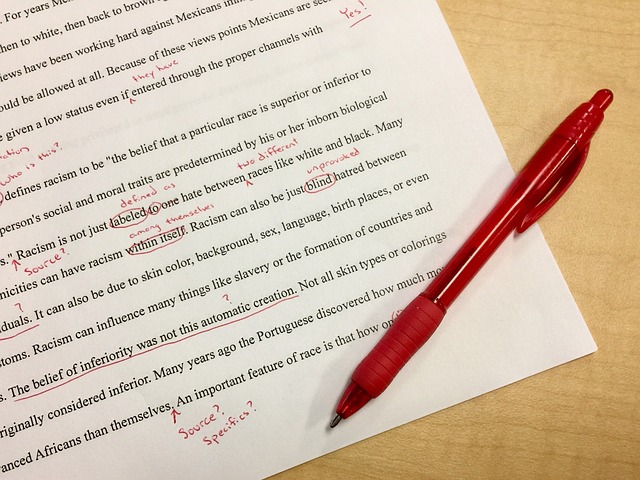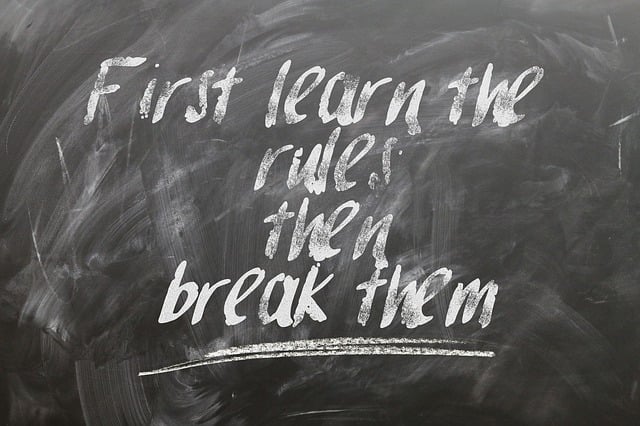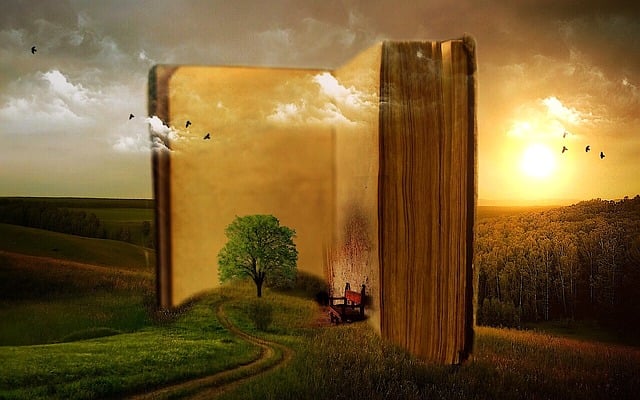Good Writing
By Jake Joy

I recently wrote a blog post about bad writing in current media and decided that this month I would write about good writing instead.
Bad writing is low-hanging fruit; it’s easy to spot, and easier still to complain about after you realise something has relieved itself on it.
The Acolyte, the show I talked about last month, is bad, and the reasons why are fairly obvious to anyone with half a brain. Plot contrivances, character decisions that make no sense, poorly understood world… and that’s just in the first two episodes.
These things are easy to spot, because they feel wrong. People put themselves in the shoes of characters when they read/watch a story, and if that character does something incongruent with what they would do in the same place, it rips them out of the narrative.
So good writing must be the opposite of the above, yes?
Well, sort of.
Good writing is a lot harder to pin down. I always know when I read it, or watch it, but it’s often more difficult to see the why of it, and harder still to put it into words.
You can get all of the above correct and still come out the other side with a mediocre piece of writing.
So, what to do?
My personal opinion on the matter is that good writing has two facets to it:
- Story (Character, plot, and setting)
- Technique (Prose, exposition, conveying character motives/actions/thoughts)
I like to think of them as two pillars of writing, holding up a great story. One without the other doesn’t cut it.
In the past, I’ve read stories that are beautifully written. Fine prose that describes the human condition as if the writer were inside my brain, but lacking in any form of story. Just characters sort of floating around for three hundred pages, or with the problems mentioned above.
On the other hand, I’ve read books so badly written that I’m forced to go back over the same paragraph several times to make sure I understood what the writer was saying but had such a cracking story that I was willing to do so just to find out what happened.
Rarely, do I read books with neither – they don’t tend to get published – and sometimes, I read books with both.
And these are the books with good writing.
I’m about halfway through Frank Herbert’s Dune, and it’s held up as a great piece of literature for a very good reason: The writing is great.
The characters behave in rational ways, the story sucks you in and drives you forward, the world is interesting and well realised… all the story boxes are ticked.
The prose is amazing too. Herbert understands people and what drives them, understands how people react to things, how people think. He uses this to get into the heads of his characters and by extension, the heads of his readers.
And then writes it in such a way that you immediately understand what he’s driving at.
I want to read Dune. I want to find out what happens to the characters and how they defeat the evil Harkonnens because of the writing. The story would be just as good, but I don’t think I’d have that same drive to read it if Herbert didn’t have a flare with words.
To give an example of the opposite, The Witcher by Andrzej Sapkowski is a great story, but the writing made it feel more of a slog than an enjoyable ride. Too many cut-aways to characters I didn’t care about (or in one case, had never heard of before), weird badly explained world-building, and unexplained character actions bogged down the experience so much that I almost quit reading it. I forced myself through the final book because I wanted to know what happened to Geralt and Ciri, such was the draw of the characters and plot. Had I not cared for them and their plight, I wouldn’t have gotten past book three (of 5).
Story is king – someone famous said that once – and they are right, but what good is a fantastic story if the telling of it is an endurance test.
Stories should be easy to read. I don’t mean dumbed down; they should make you think, but they should be a pleasure, not a chore.
Herbert does it well.
The writers of the Acolyte… not so much.
Perhaps they should read Dune.
Once again, I find myself writing about an argument I stumbled upon on X (Can’t they agree on anything over there?) and I just had to offer my…
Recently, I came across a fiery argument on multiple social media platforms around the topic a writer compensation. On the face of it, it shouldn’t be a hugely…
An indie author often lives or dies based on their books’ ratings and reviews. Okay, maybe that was a touch dramatic. Often, it’s a case of succeeding or…
When I first started down this self-publishing journey, I heard quiet rumours of the dangers of scammers. I knew they were out there. I knew they wanted my…
I’ve been avoiding the subject of AI for a long time. I’ve tried to ignore it, tried to pretend it won’t be as big a deal as people…
I recently had a great movie night with my daughter. We made a fort (three kitchen chairs with a blanket thrown over the top and far too many…
Lately, I’ve been hearing lots of complaints about awful writing. Not mine – people aren’t saying it to my face anyway – but some movies and television shows…
My experience with deal sites. This one is for the writers. Last week, I ran a promotion for my novel The Trouble with Prophecies. I slashed the price…
Last time, I spoke about stories that stay with you – or more accurately, the ones that don’t. This month, I want to take some time to unpick…
The last few weeks, I have been replaying a video game from my distant past. An old favourite by the name of Final Fantasy VII. I used to…

















